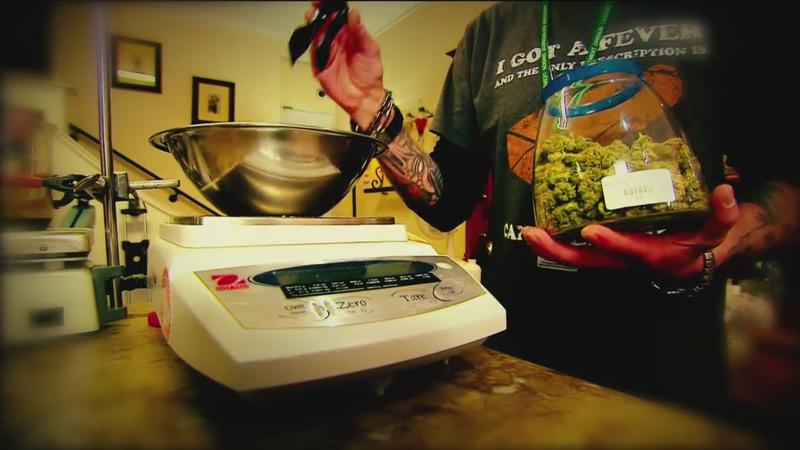Cannabis Countdown: Prioritizing social justice
[anvplayer video=”5107433″ station=”998131″]
ROCHESTER, N.Y. (WHEC) — Those who are interested in opening legalized marijuana shops are vying for the first licenses from New York State. The state has said it wants minority-owned businesses to be at the front of the line, particularly those owned by people who have had marijuana convictions in the past.
Other states with legal markets had similar intentions when they launched but didn’t quite execute the goal to the fullest potential.
Val Rodrigues is a veteran who uses marijuana to help ease some pain and relax. He had been eagerly waiting for the Commonwealth of Massachusetts to set up its legal adult-use market.
“I would like to see more mom and pop shops but I think they did a pretty good job,” he told News10NBC.
There are 165 dispensaries open in Massachusetts but only a small fraction of them are owned by people of color or women.

[News10NBC]
“There’s a lot of red tape that’s involved so, a lot of these people can’t obtain their licenses for one reason or another and a lot of times it’s just financial, they don’t have the financial backing to do it and that’s unfortunate,” Rodrigues added.
Those who wanted a license in Massachusetts had to first negotiate an agreement with the city or town in which they would be located. Some municipalities required payments or projects be completed before granting that approval. Once that was settled, applicants had to wait for the state to set up its system.
“It was so laden with regulations and having to acquire a space and had to have the financial wherewithal to potentially wait almost 2 years to get a license and pay rent on a place before you even open a business,” explained the former Mayor of Northampton, MA, David Narkewicz.
It meant those with deep pockets and shops who were already in the medical marijuana space, ended up being first in line.
NETA was the first recreational-use marijuana dispensary to open in Massachusetts. It decided on its own, to use primarily minority-owned subcontractors and suppliers.
“We have places that actually make little vapes, or bake, make gummies and so there is, when we look at what is happening here in terms of economic development, we really see this as one of the really important drivers of that,” explained Leslie Laurie, the manager of NETA.
Massachusetts seems to have realized some of its shortfalls in this area. It now allows marijuana delivery but for the first three years, the delivery licenses are available exclusively to entrepreneurs of color.
“We actually help support the first delivery group that we’re social equity candidates. It’s called Your Green Package and so, all of our adult-use deliveries are done with Your Green Package,” Laurie explains.
It’s a step but folks in Massachusetts think New York should learn from its mistakes.
“I do think that’s been one of the places where we’ve fallen short and I think New York State has an opportunity to do a better job of it,” Narkewicz said.
The policies and procedures are still being put in place here in New York. Initially, the state plans to limit marijuana dispensary licenses to people who’ve been convicted of a marijuana-related offense or had a parent, legal guardian, child, spouse, or dependent who was convicted. Forty percent of state revenue collected on marijuana purchases will also go directly back to the communities disproportionately impacted by criminalization.
Catch up on our entire "Cannabis Countdown" series:
PREVIOUS COVERAGE: Cannabis Countdown: What legalized marijuana might mean for taxpayers
PREVIOUS COVERAGE: Cannabis Countdown: Inside a legal dispensary
PREVIOUS COVERAGE: Cannabis Countdown: Will Legal Weed Help Slow the Illicit Market?